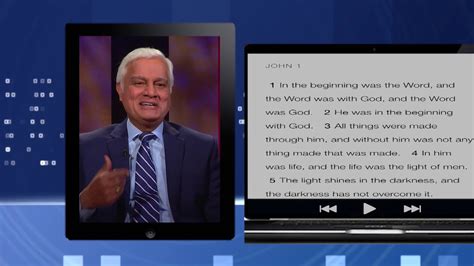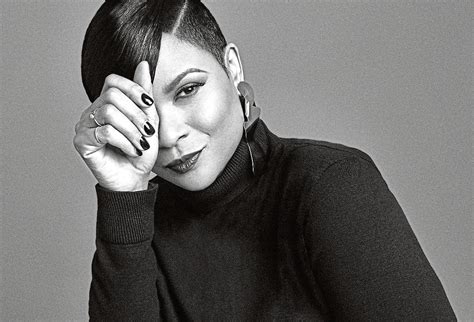A Quote by Rajneesh
Death is the most misunderstood phenomenon. People have thought of death as the end of life. That is the first, basic misunderstanding.
Quote Topics
Related Quotes
Birth leads to death, death precedes birth. So if you want to see life as it really is, it is rounded on both the sides by death. Death is the beginning and death is again the end, and life is just the illusion in between. You feel alive between two deaths; the passage joining one death to another you call life. Buddha says this is not life. This life is dukkha - misery. This life is death.
With the near-death or clinical near-death phenomenon some people who are brought back from 'death' have reported being alive the entire time they were 'dead.' This phenomenon occurs among people with a wide diversity of religious belief and no religious belief at all - from atheists to Zen Buddhists.
Laughter. Yes, laughter is the Zen attitude towards death and towards life too, because life and death are not separate. Whatsoever is your attitude towards life will be your attitude towards death, because death comes as the ultimate flowering of life. Life exists for death. Life exists through death. Without death there will be no life at all. Death is not the end but the culmination, the crescendo. Death is not the enemy it is the friend. It makes life possible.
Death is not the end, but the beginning of a new life. Yes, it is an end of something that is already dead. It is also a crescendo of what we call life, although very few know what life is. They live, but they live in such ignorance that they never encounter their own life. And it is impossible for these people to know their own death, because death is the ultimate experience of this life, and the beginning experience of another. Death is the door between two lives; one is left behind, one is waiting ahead.
Everybody is afraid of death for the simple reason that we have not tasted of life yet. The man who knows what life is, is never afraid of death; he welcomes death. Whenever death comes he hugs death, he embraces death, he welcomes death, he receives death as a guest. To the man who has not known what life is, death is an enemy; and to the man who knows what life is, death is the ultimate crescendo of life.
The greatest mystery in life is not life itself, but death. Death is the culmination of life, the ultimate blossoming of life. In death the whole life is summed up, in death you arrive. Life is a pilgrimage towards death. From the very beginning, death is coming. From the moment of birth, death has started coming towards you, you have started moving towards death.
As deaths have accumulated I have begun to think of life and death as a set of balance scales. When one is young, the scale is heavily tipped toward the living. With the first death, the first consciousness of death, the counter scale begins to fall. Death by death, the scales shift weight until what was unthinkable becomes merely a matter of gravity and the fall into death becomes an easy step.
Misunderstanding may arise by confusing the Buddhist and scientific definitions of death. Within the scientific system you spoke quite validly of the death of the brain and the death of heart. Different parts of the body can die separately. However, in the Buddhist system, the word death is not used in that way. You'd never speak of the death of a particular part of the body, but rather of the death of an entire person. When people say that a certain person died, we don't ask, "Well, which part died?"
Someone's killed 100,000 people. We're almost going, "Well done! You killed 100,000 people? You must get up very early in the morning! I can't even get down the gym. Your diary must look odd: 'Get up in the morning, death, death, death, death, death, death, death - lunch - death, death, death - afternoon tea - death, death, death - quick shower ...' "
Death did not first strike Adam, the first sinful man, nor Cain, the first hypocrite, but Abel, the innocent and righteous. The first soul that met with death, overcame death; the first soul that parted from earth went to heaven. Death argues not displeasure, because he whom God loved best dies first, and the murderer is punished with living.

































